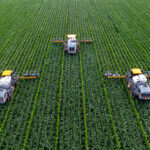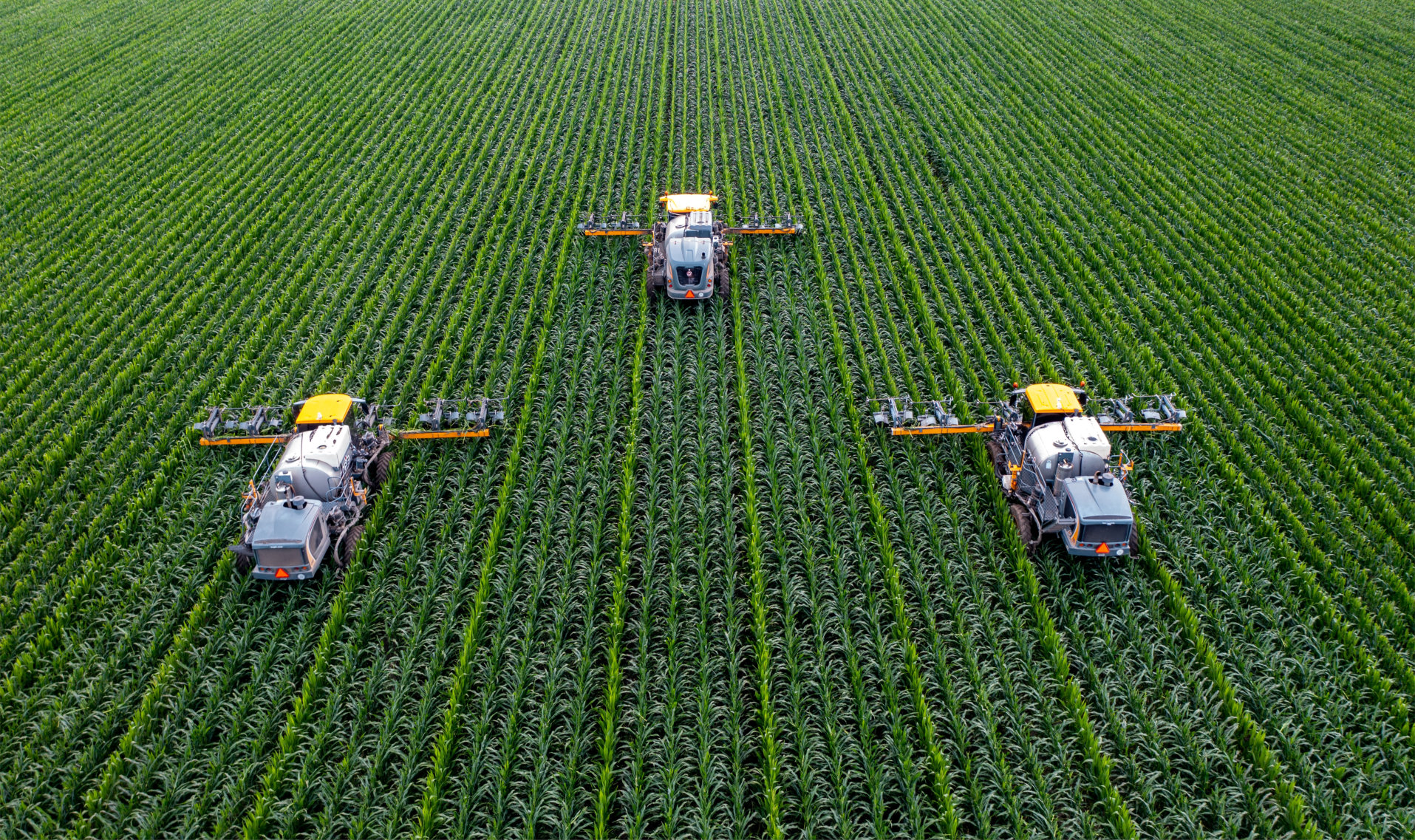As the world’s population continues to grow, the demand for food is increasing, putting pressure on traditional agricultural methods. In response, smart city farming has emerged as a sustainable solution to feed the ever-growing population. Smart city farming uses technology to increase efficiency and productivity in agriculture, reduce environmental impact, and improve food security.
Smart city farming involves the use of advanced technologies such as sensors, data analytics, and automation systems to optimize the use of resources in agriculture. These technologies provide farmers with real-time data on soil moisture, temperature, and nutrient levels, allowing them to make informed decisions on when and how much to water, fertilize, and harvest crops. This data also helps to prevent waste and minimize the use of resources such as water, energy, and fertilizers.
One of the key benefits of smart city farming is its ability to reduce the environmental impact of agriculture. Traditional farming practices often result in soil erosion, water pollution, and greenhouse gas emissions. Smart city farming, on the other hand, uses precision farming techniques that reduce waste and improve the use of resources, resulting in lower environmental impact. For example, vertical farming, which is a common form of smart city farming, uses up to 90% less water than traditional farming and eliminates the need for pesticides and herbicides.
Another benefit of smart city farming is its ability to increase food security. By growing food locally in urban areas, smart city farming reduces the dependence on imported food and increases the availability of fresh produce. This is particularly important in densely populated areas where traditional agriculture is not possible due to space constraints. Urban agriculture also provides job opportunities and helps to build resilient communities.
Smart city farming is not without its challenges, however. One of the main challenges is the high initial investment required to set up the necessary infrastructure and technology. Another challenge is the need for skilled labor to operate and maintain the technology. Additionally, the use of technology in agriculture raises concerns around data privacy and cybersecurity.
Despite these challenges, smart city farming has the potential to revolutionize agriculture and improve the sustainability of our food systems. By leveraging technology to optimize resource use, reduce waste, and increase productivity, smart city farming offers a sustainable solution to feed the world’s growing population while minimizing environmental impact.







